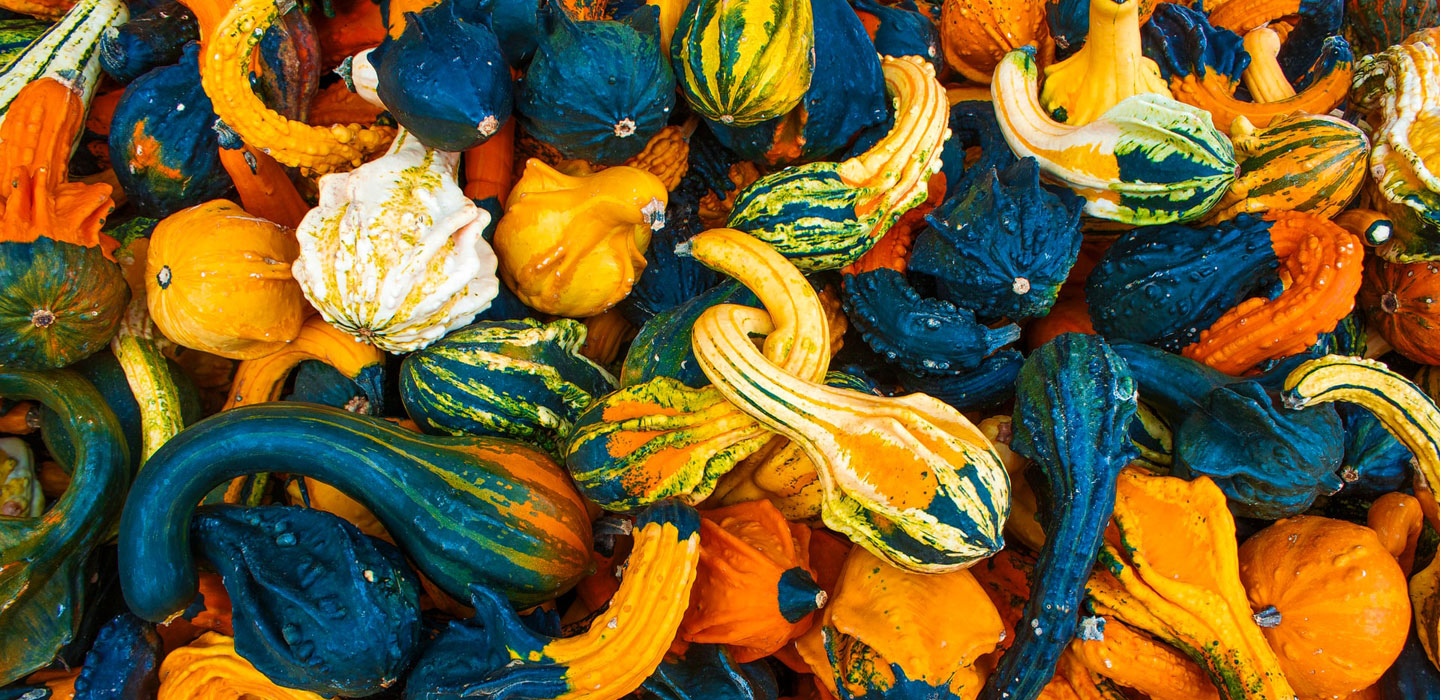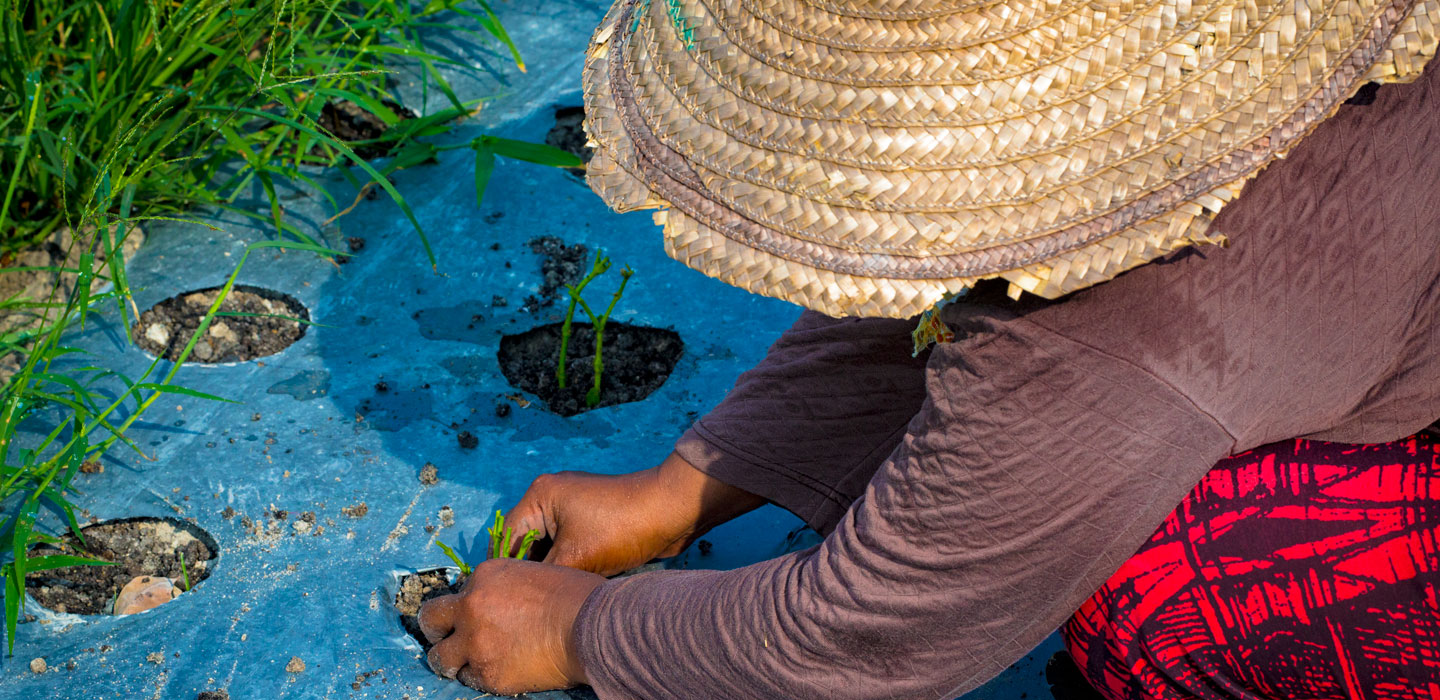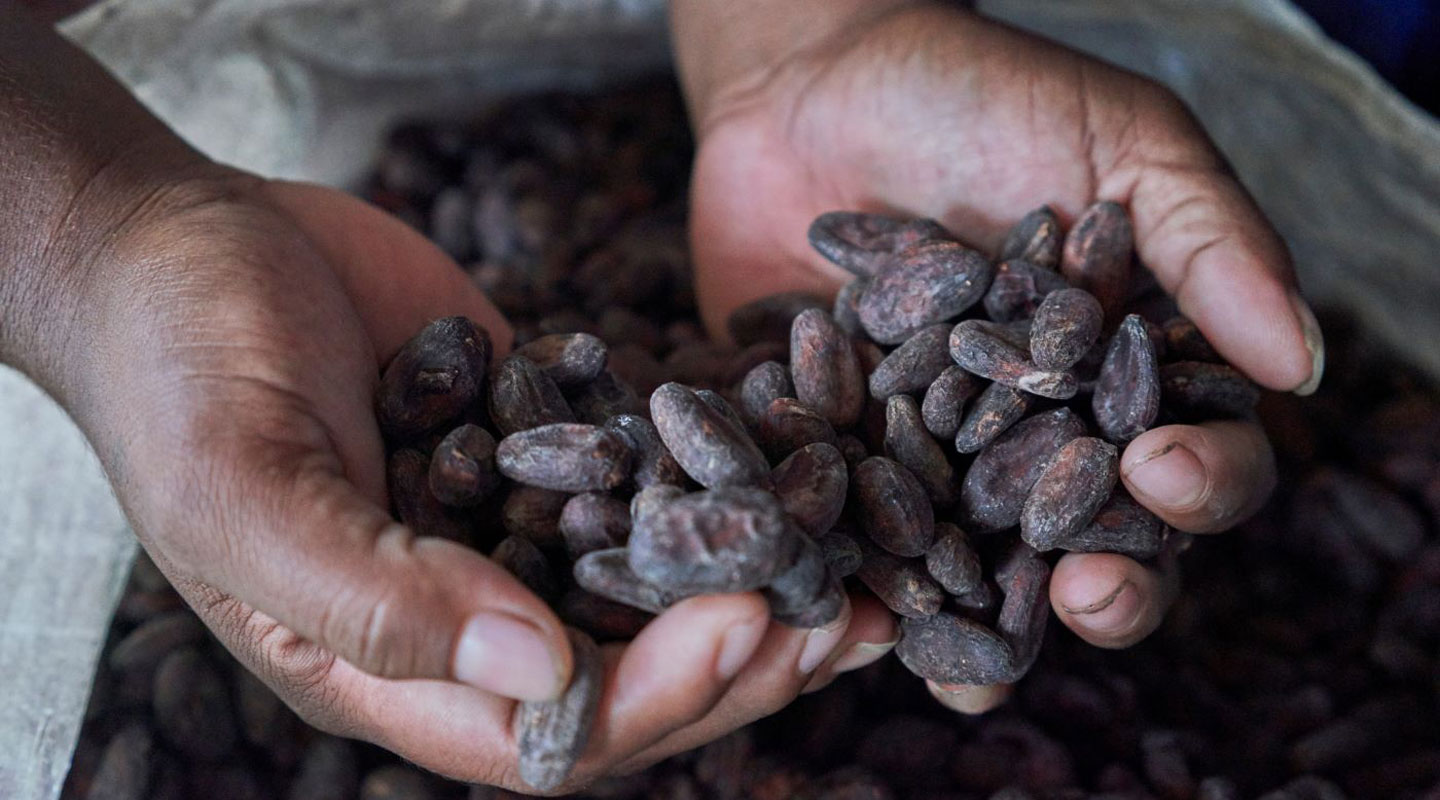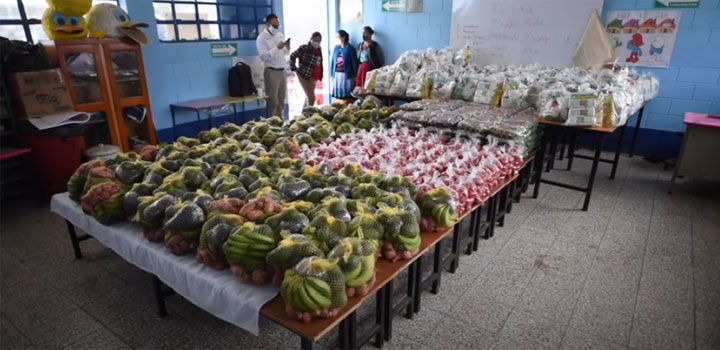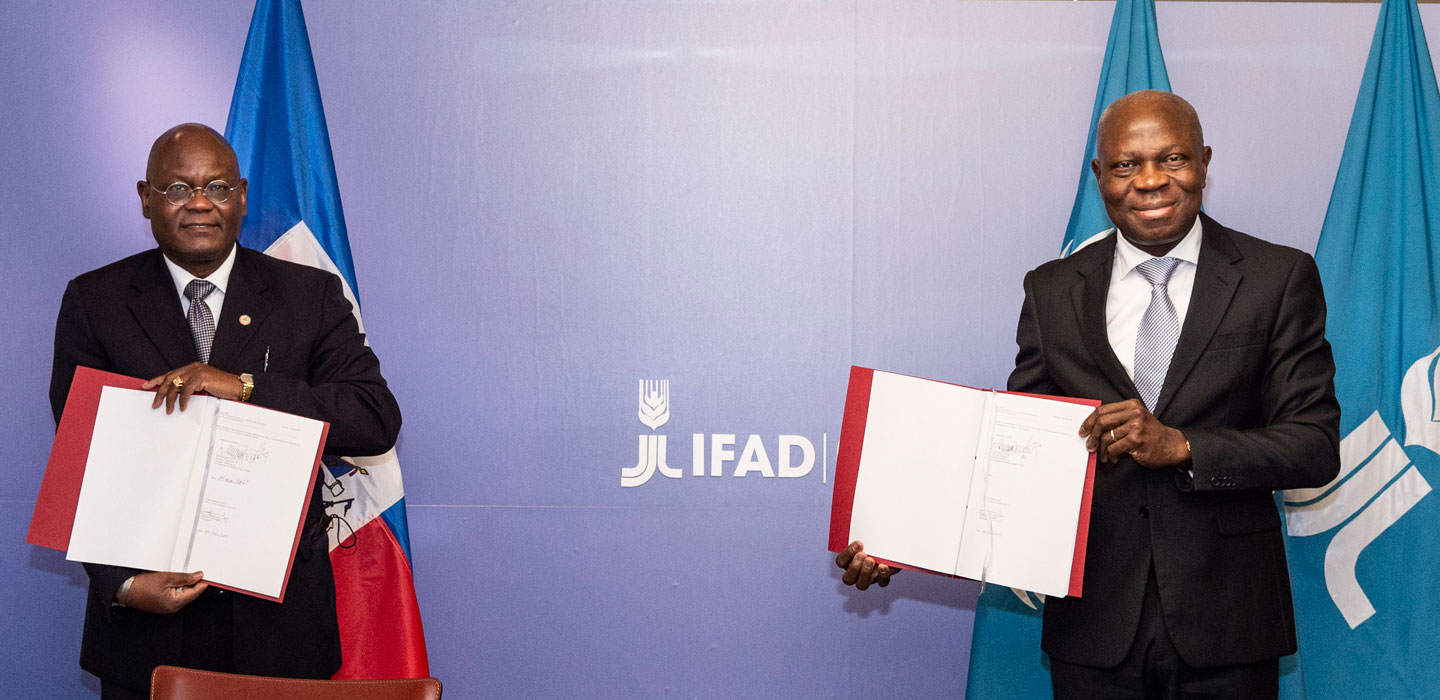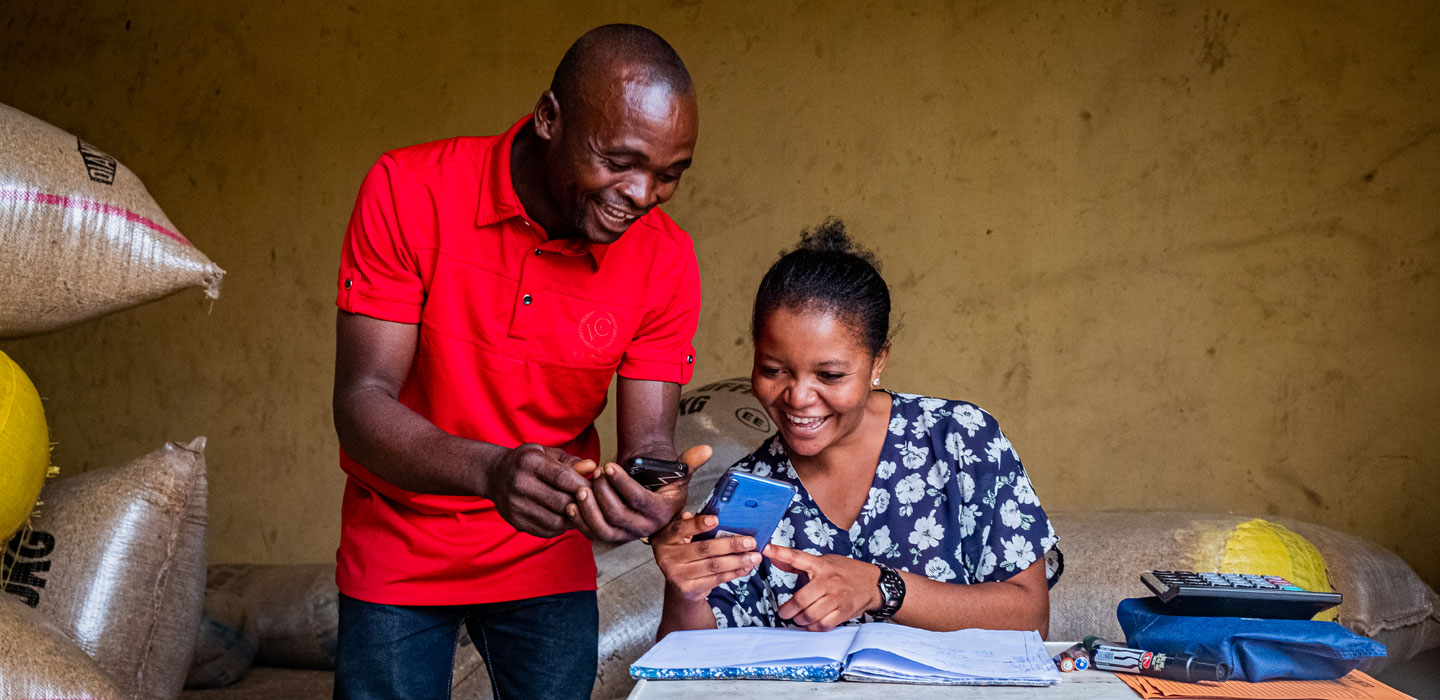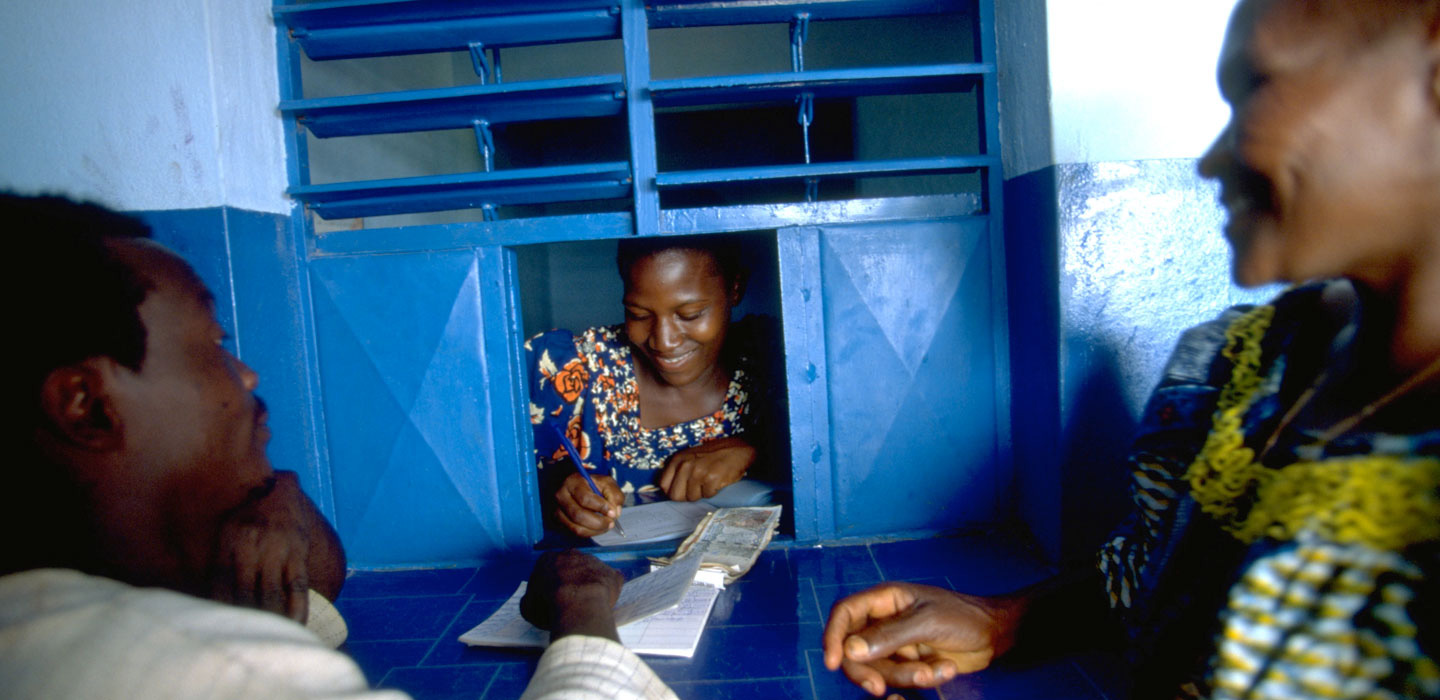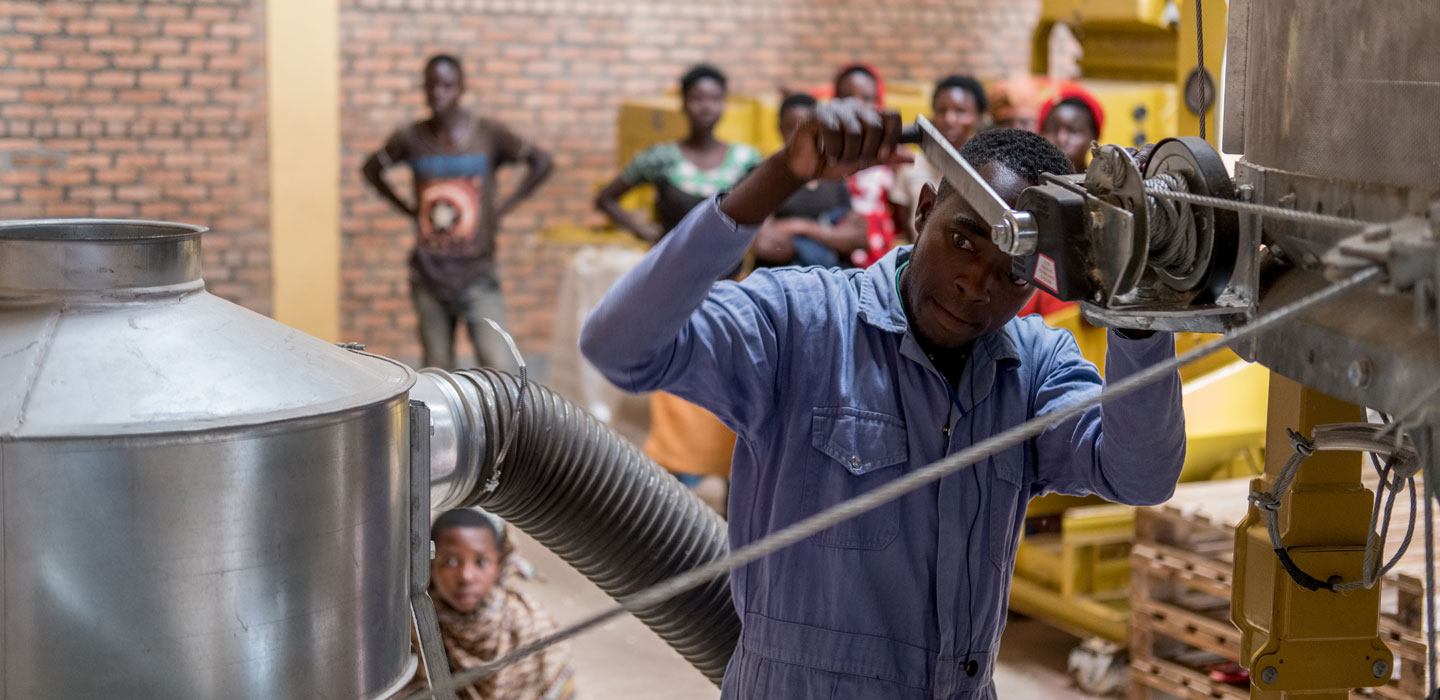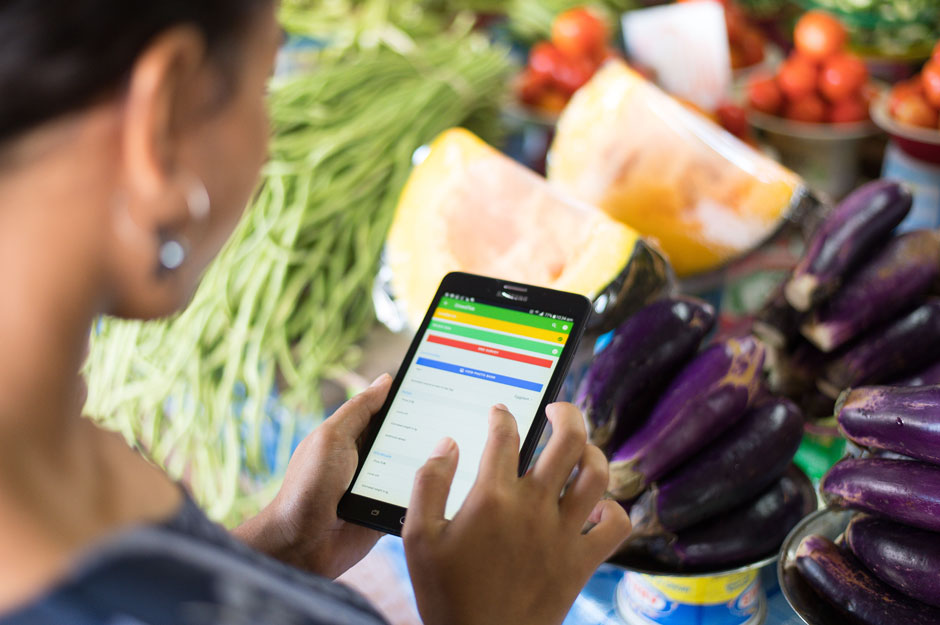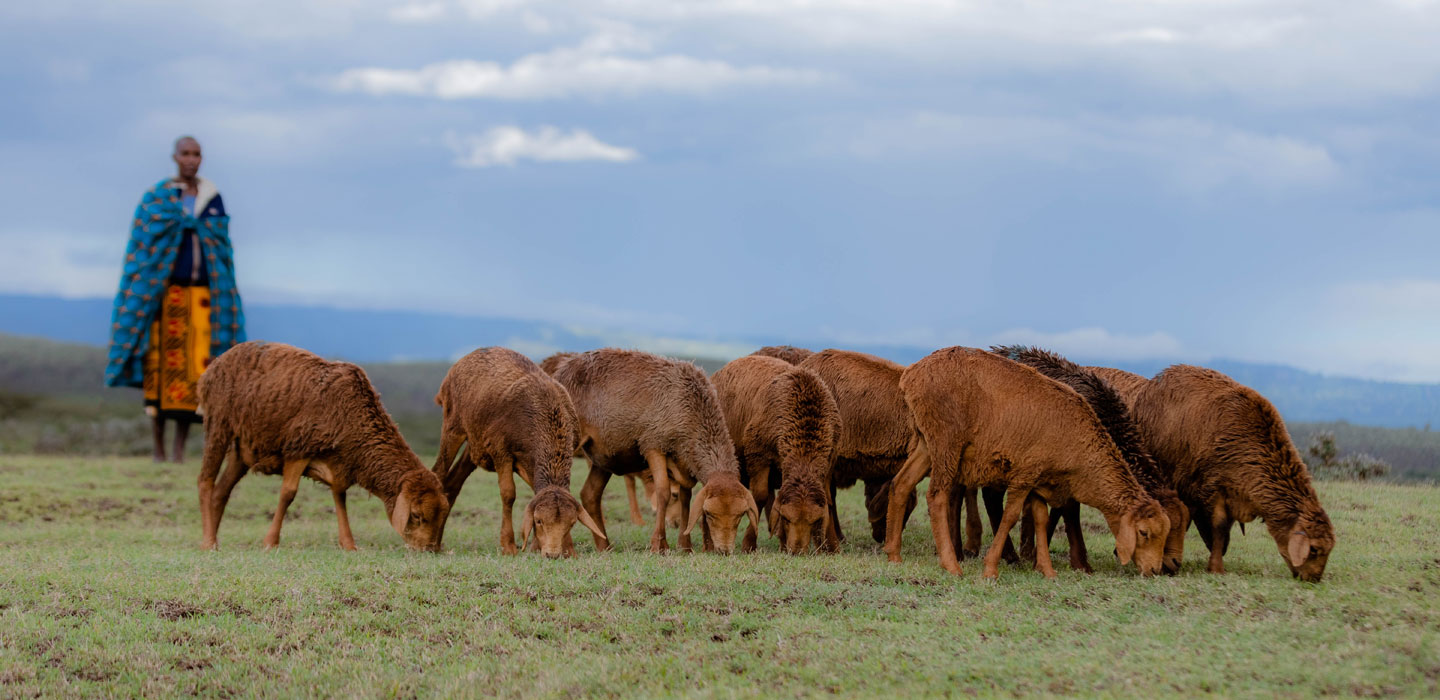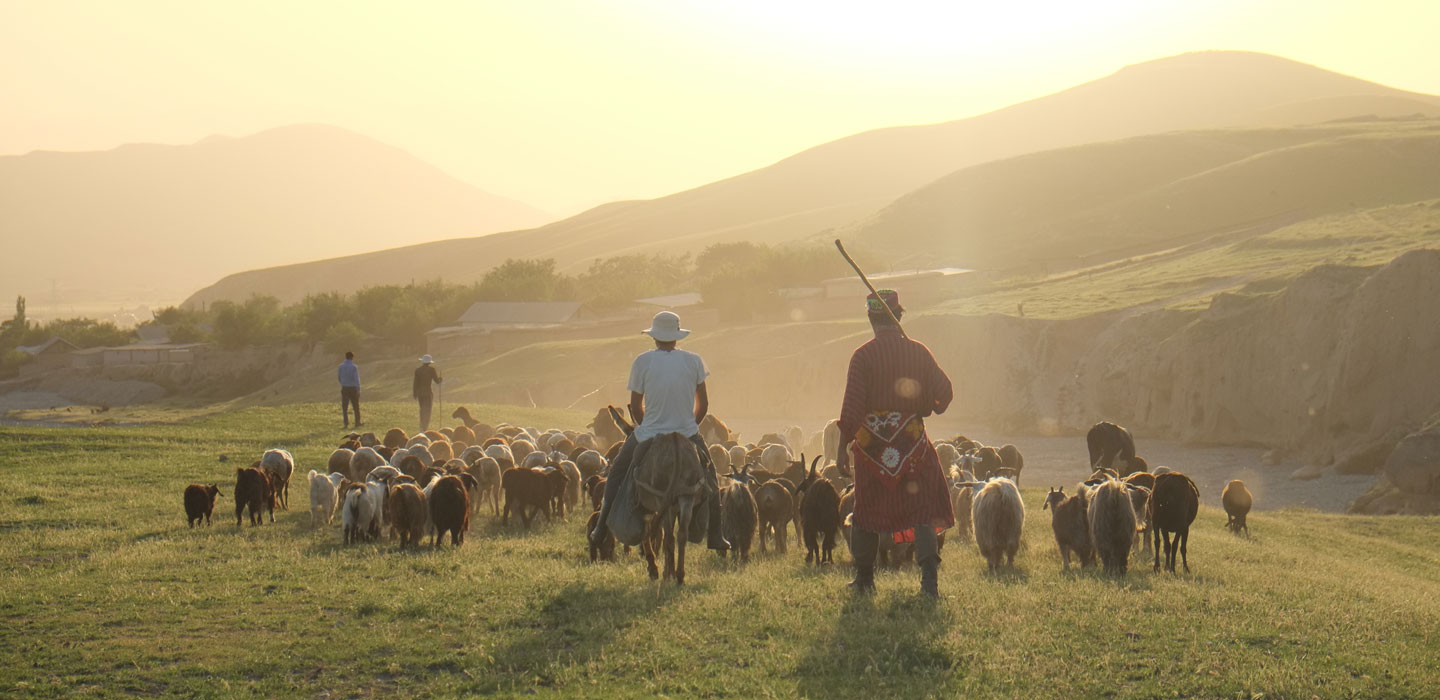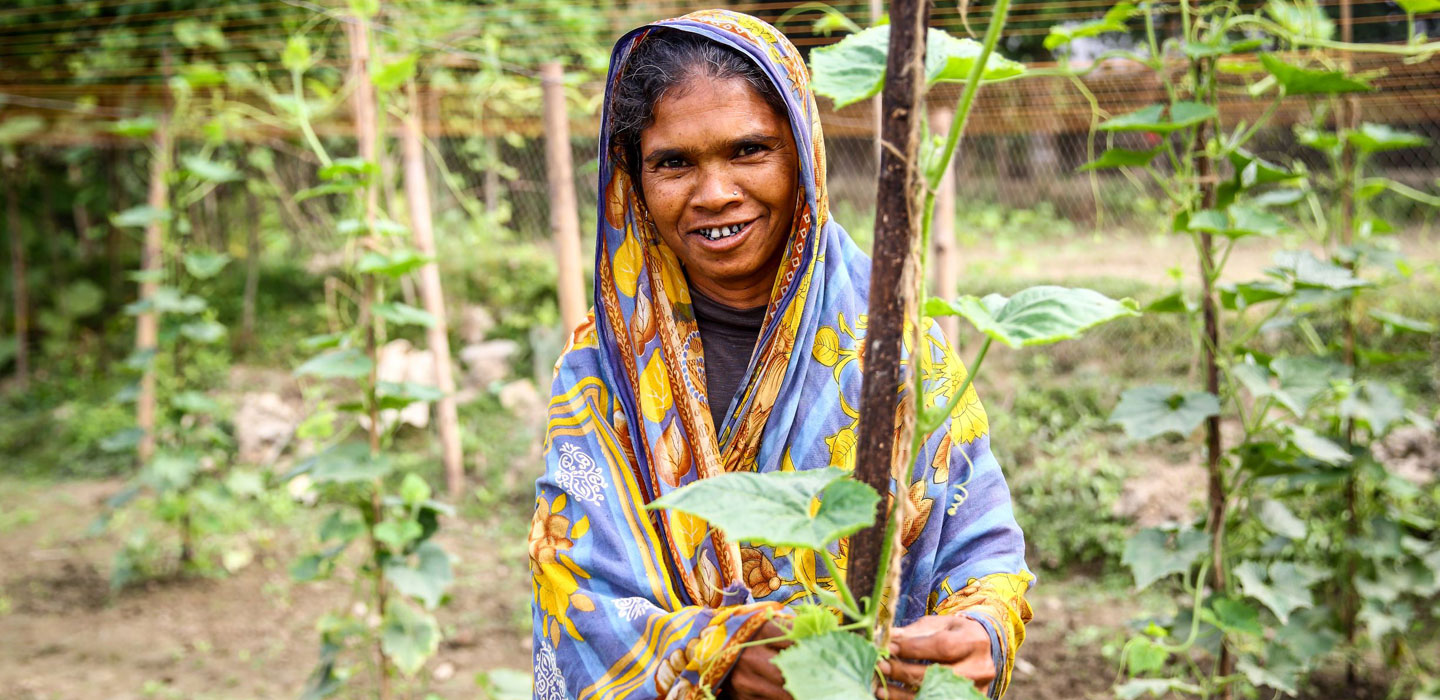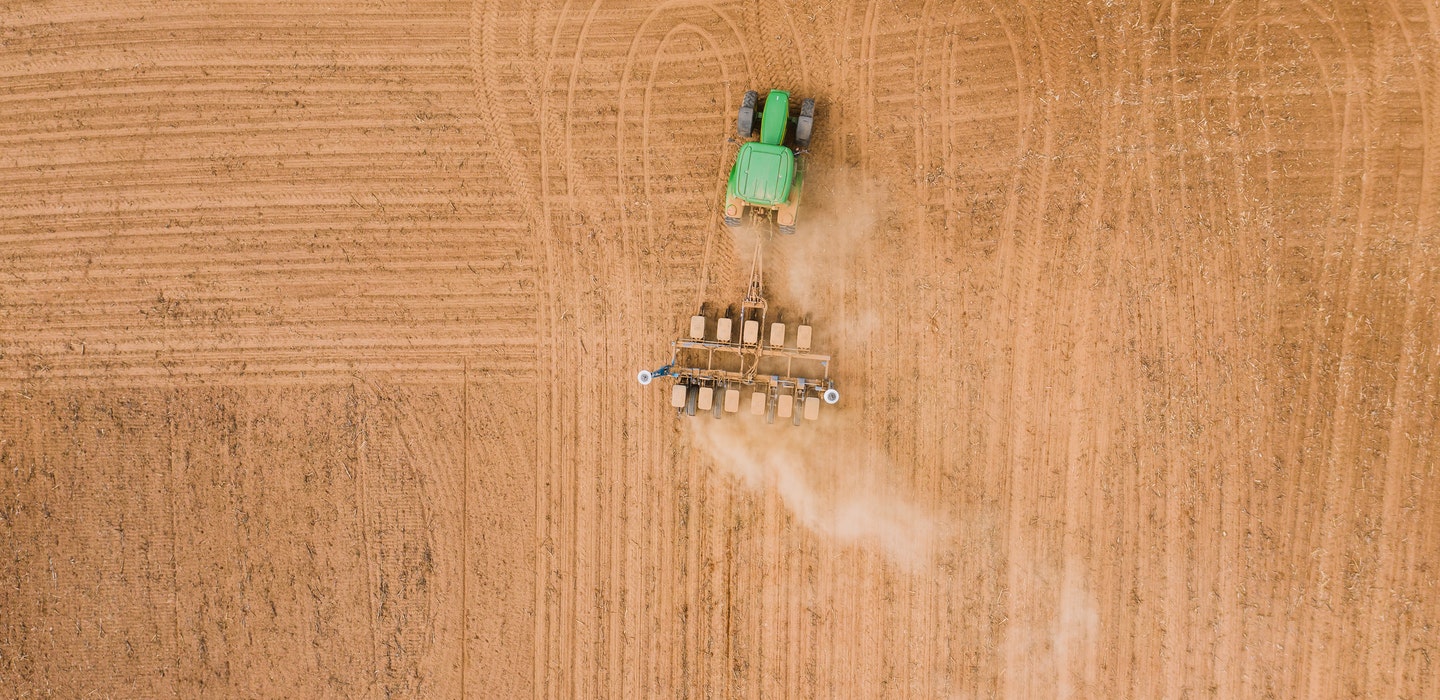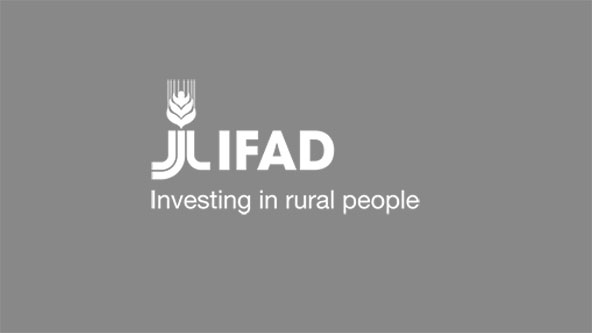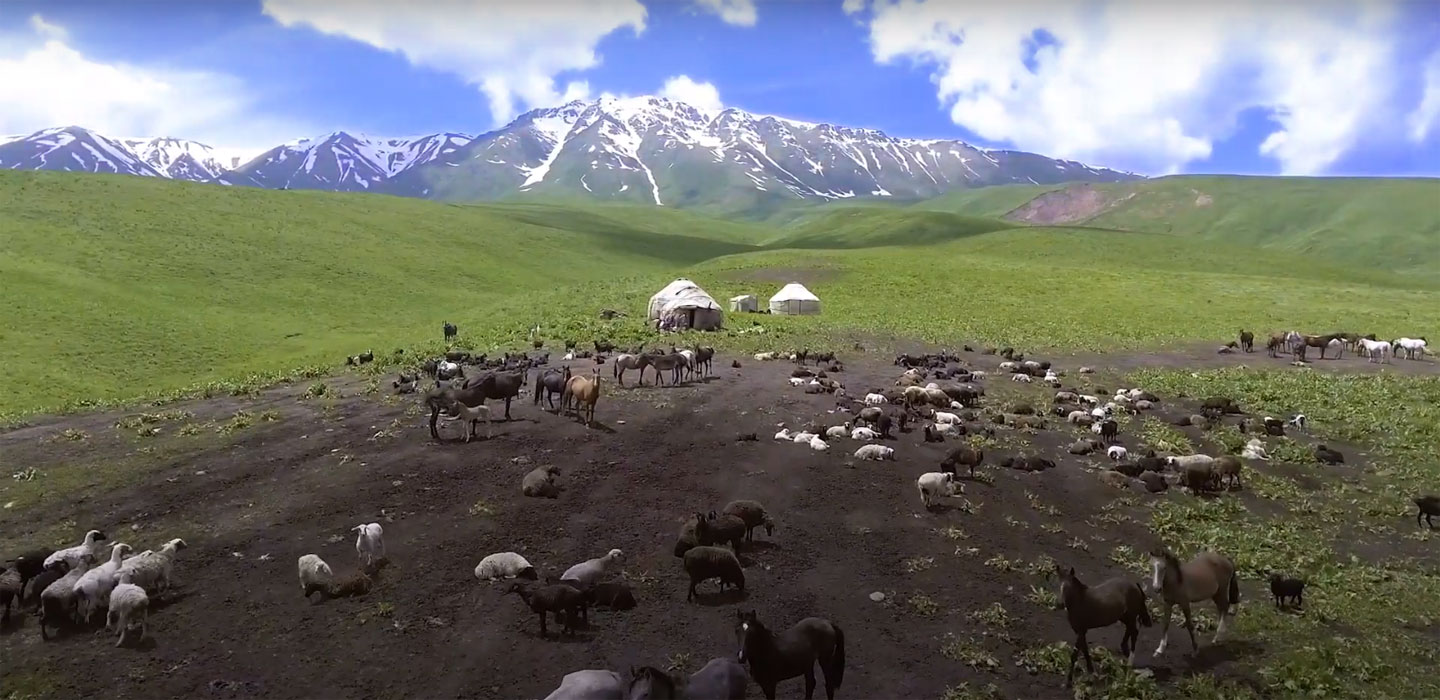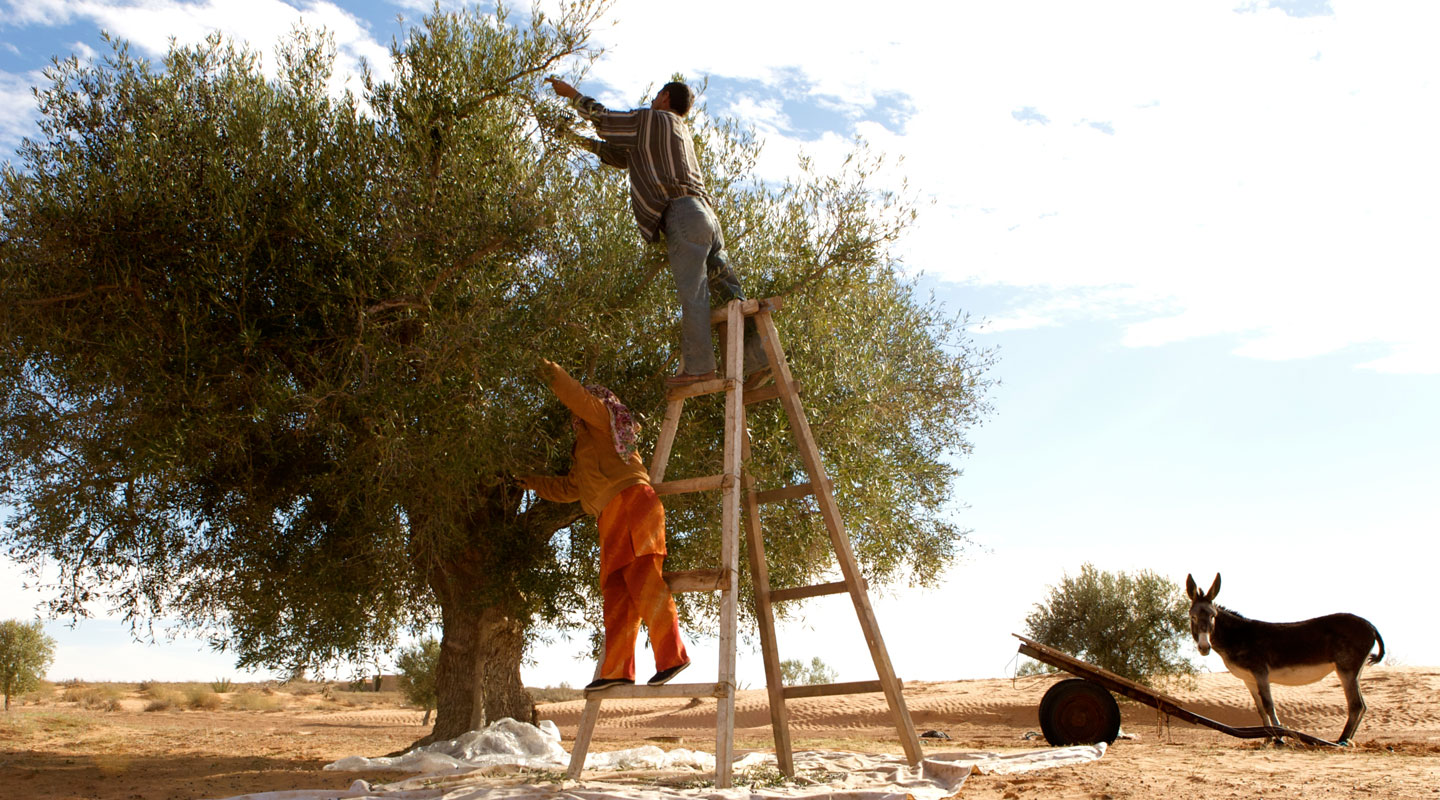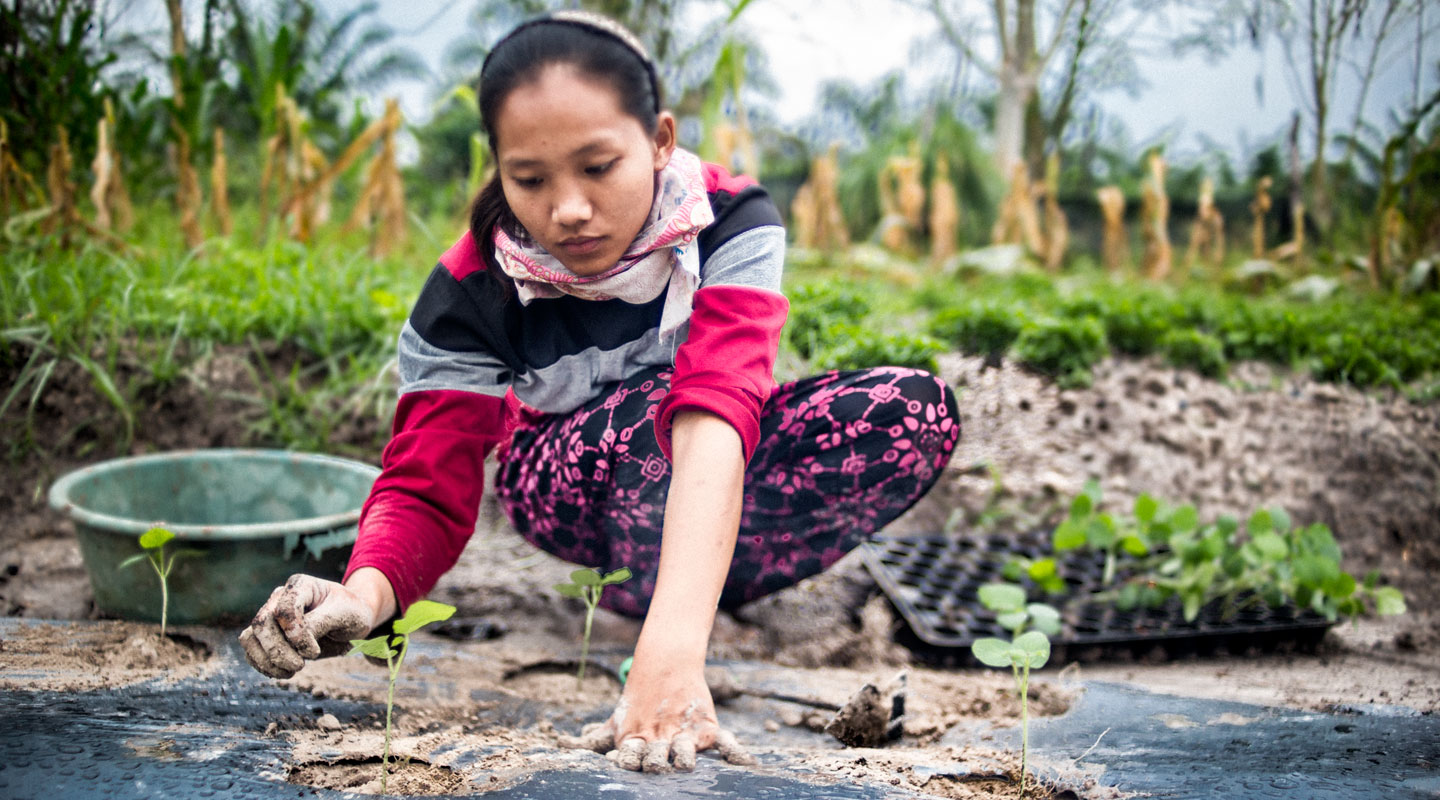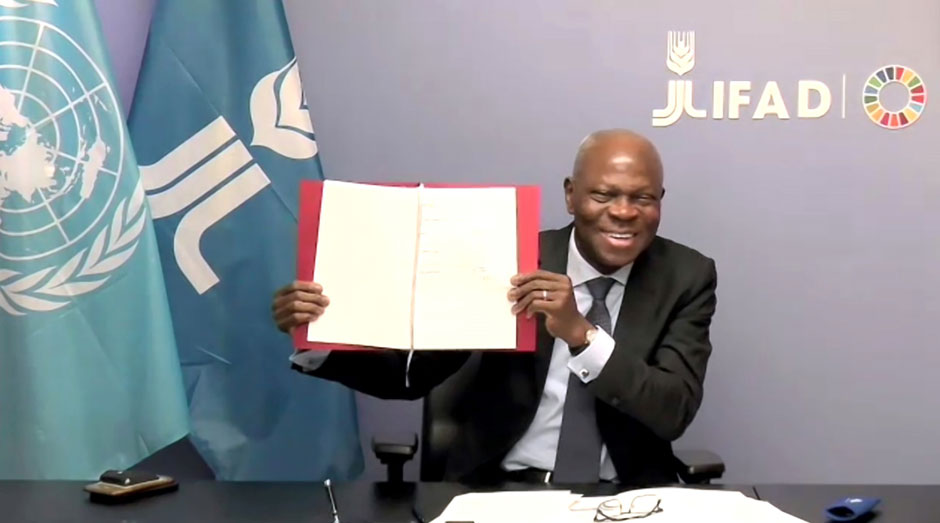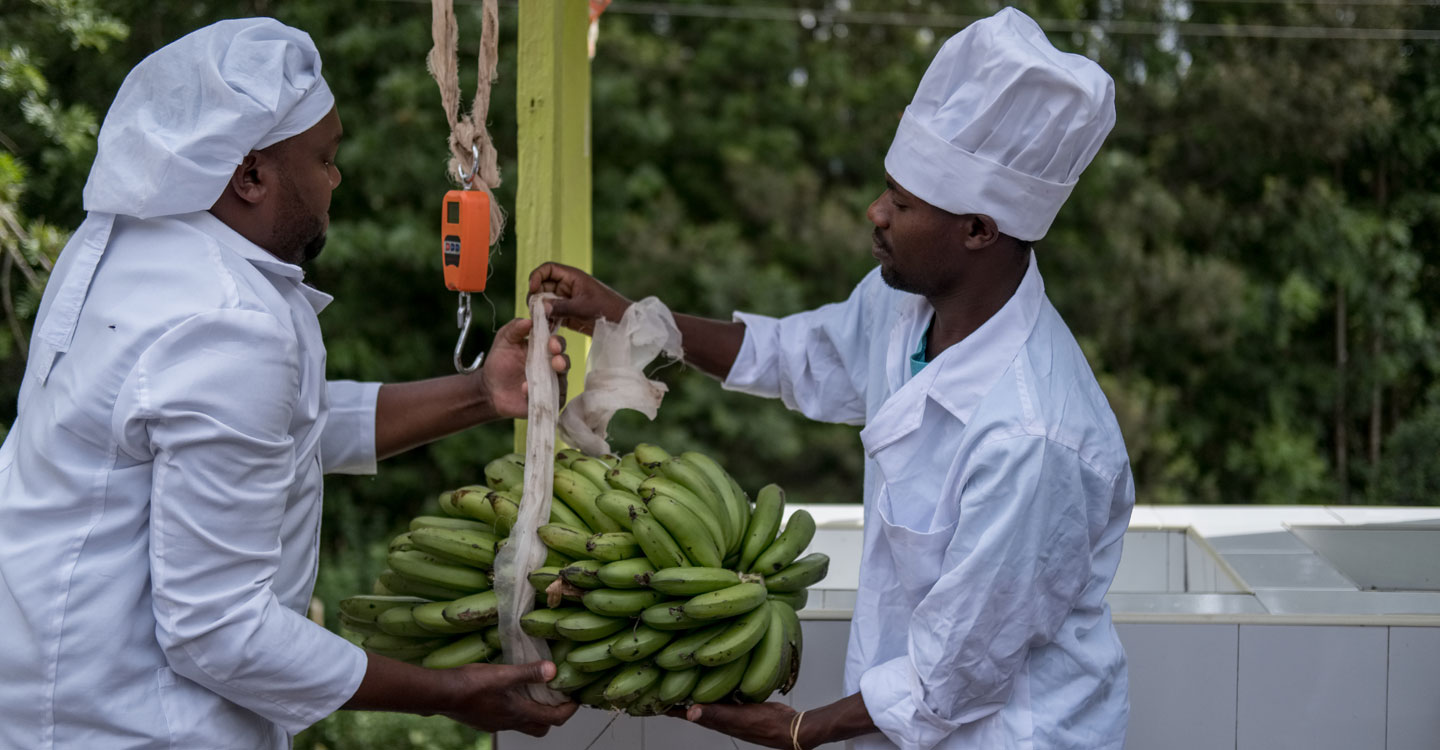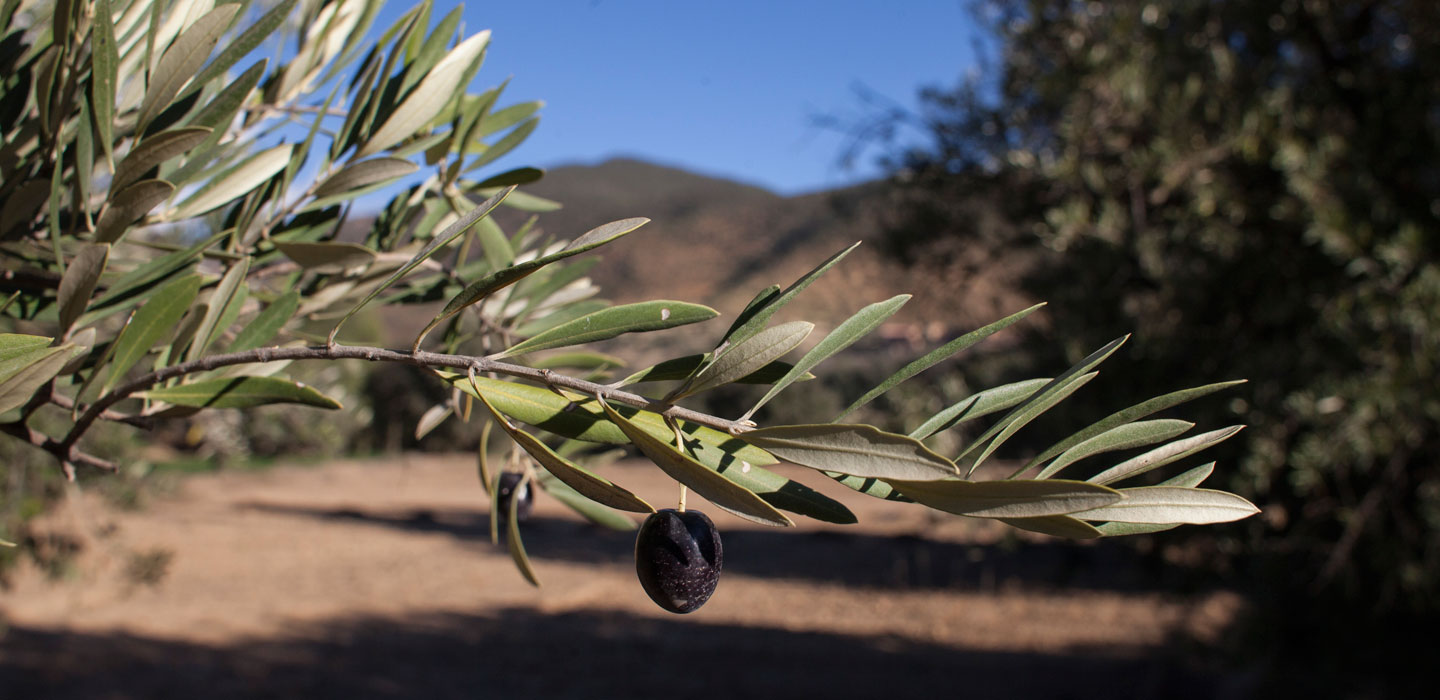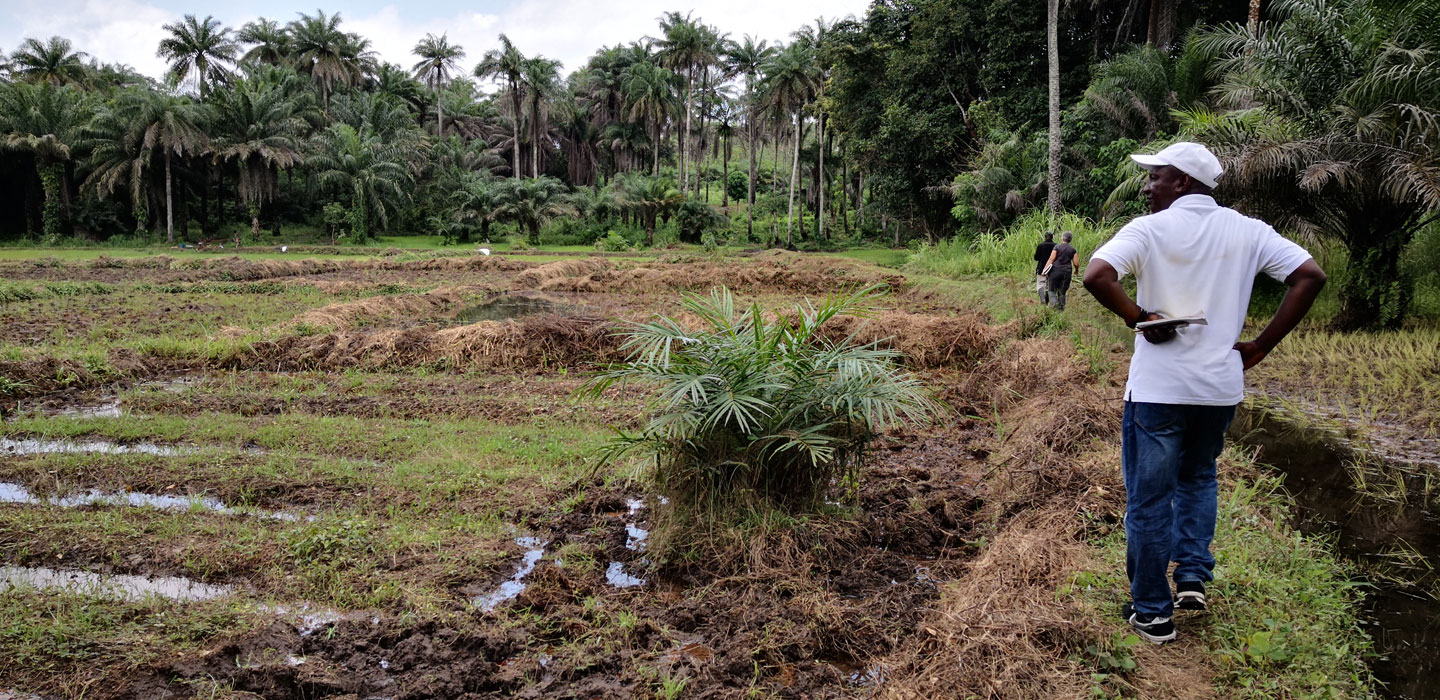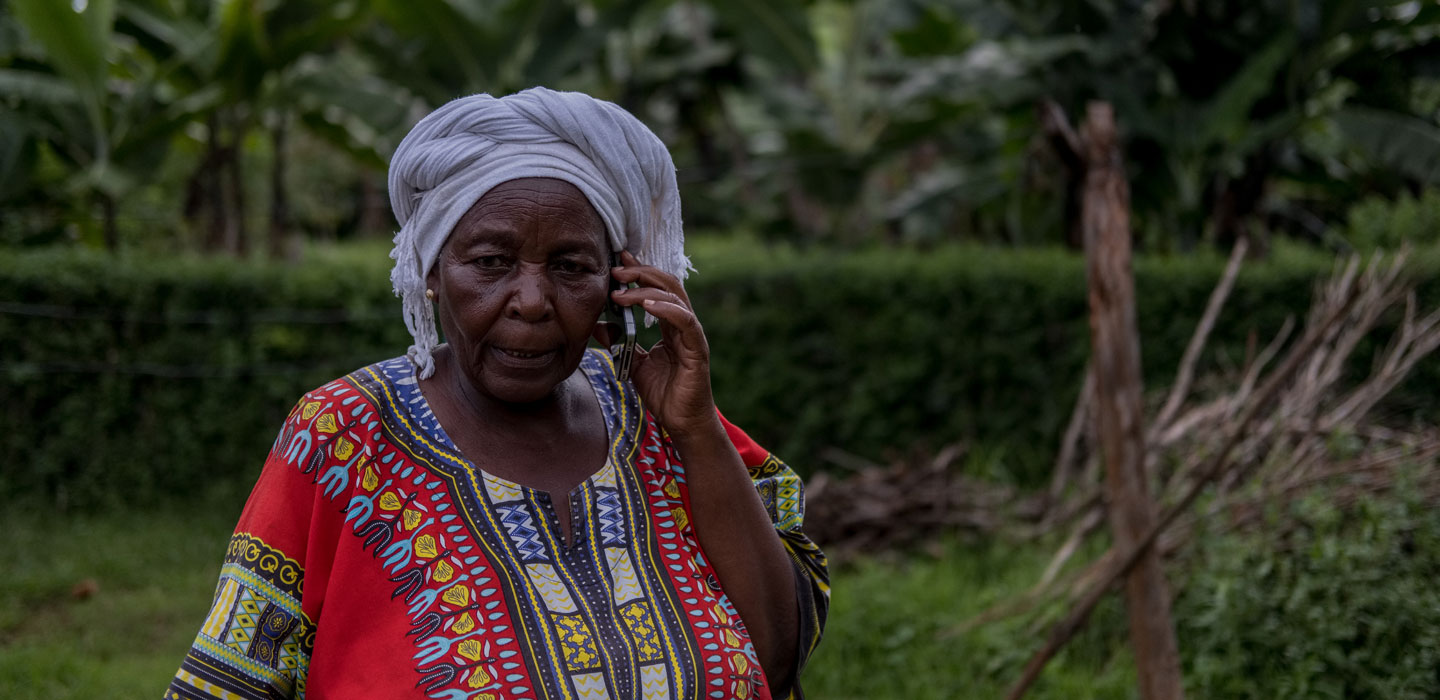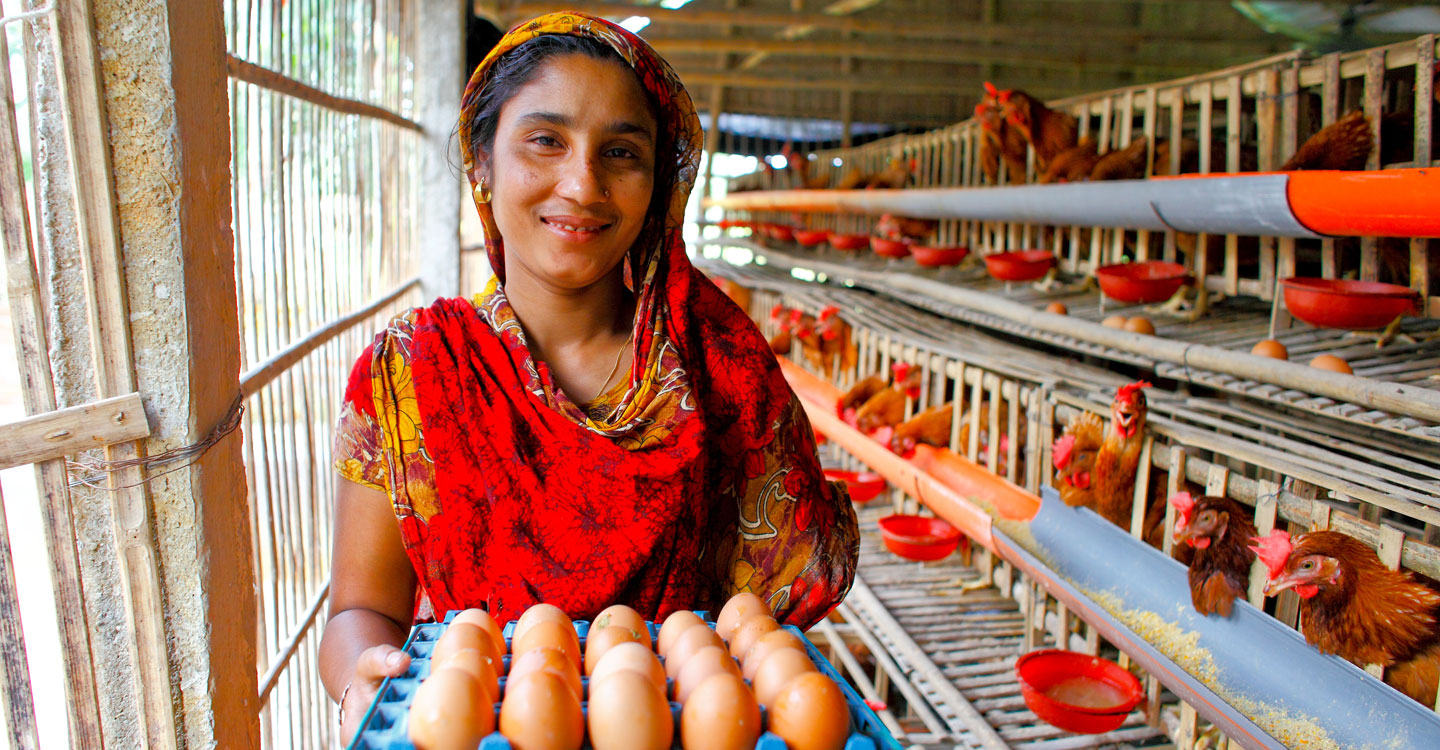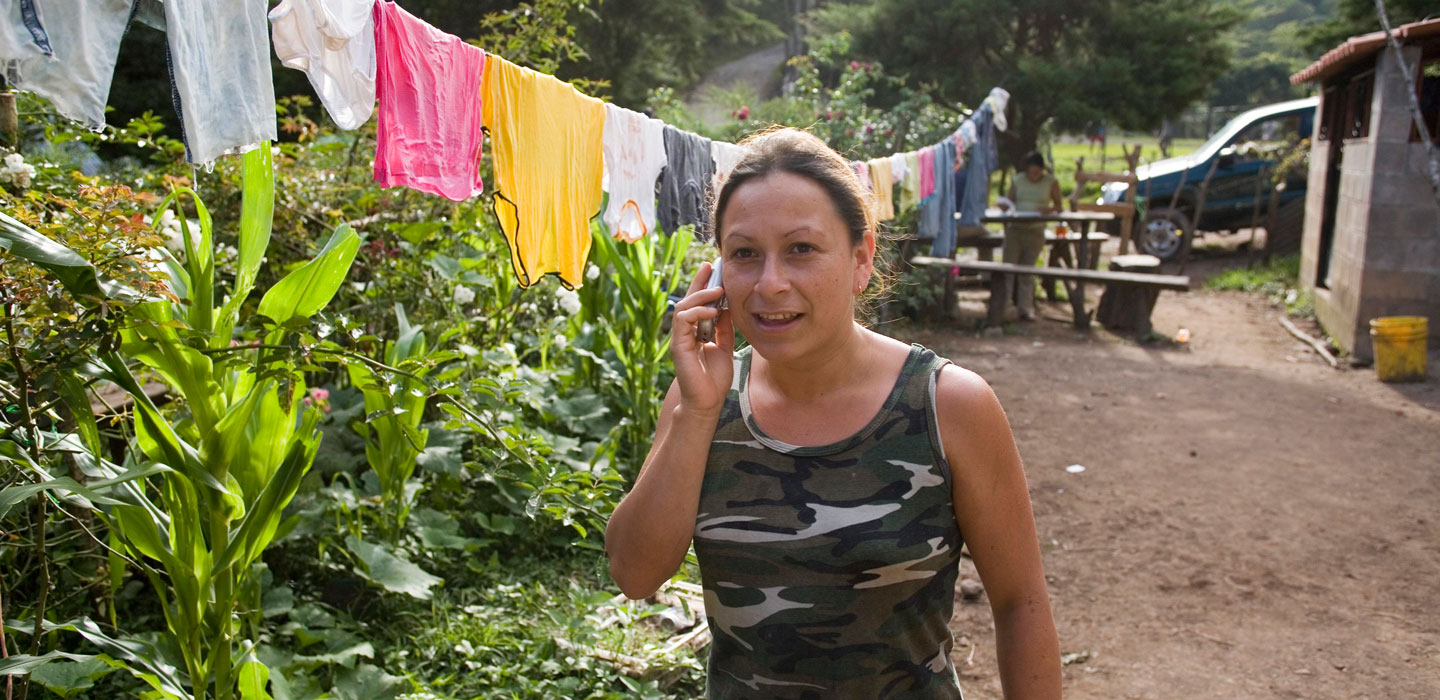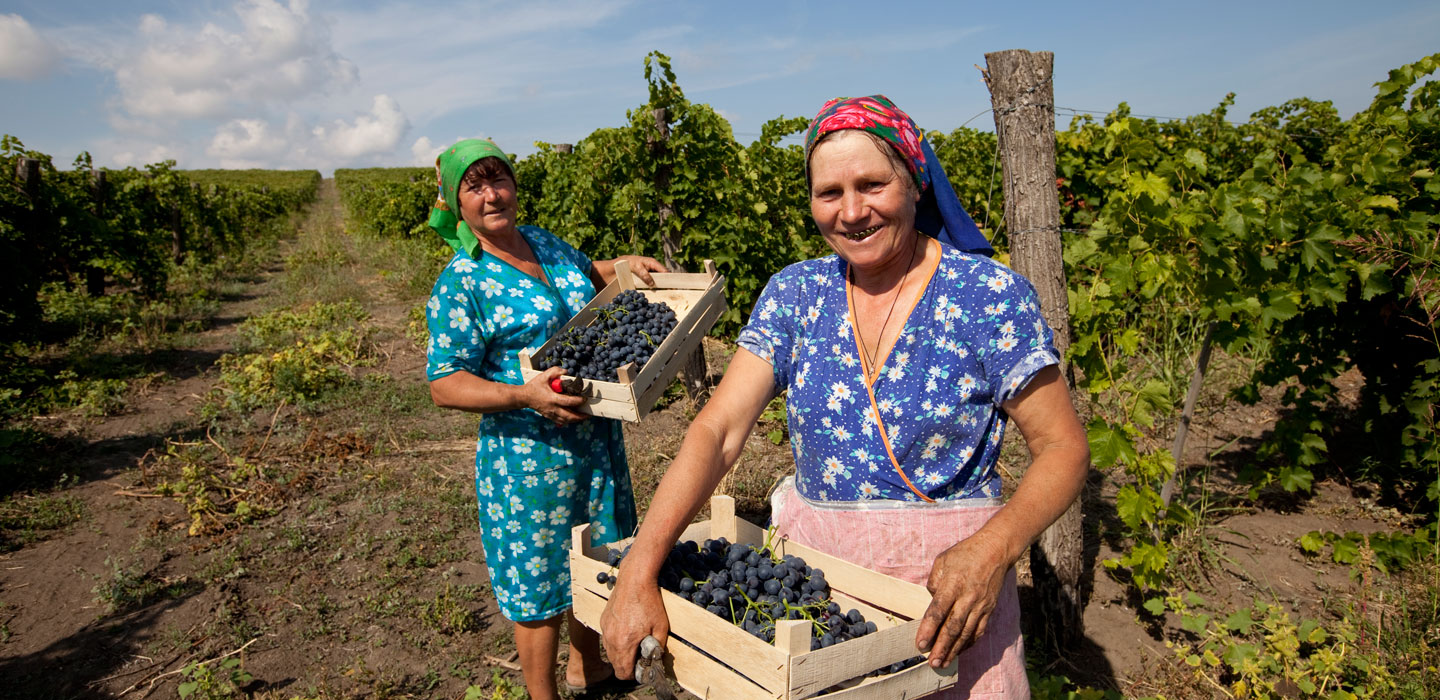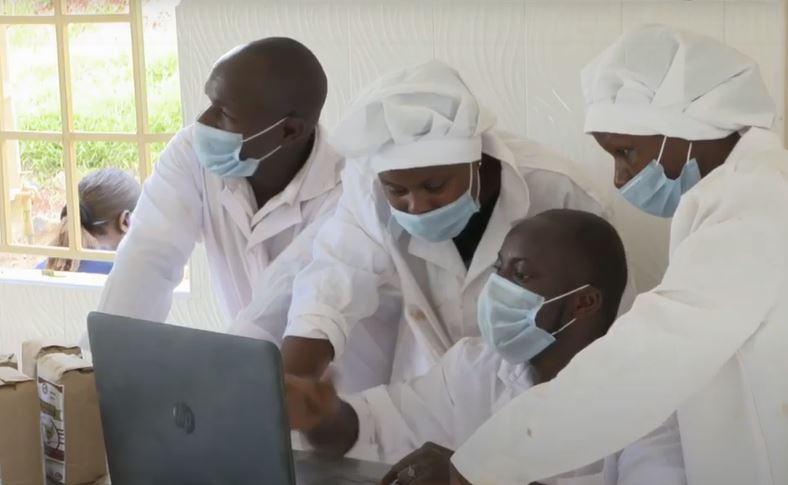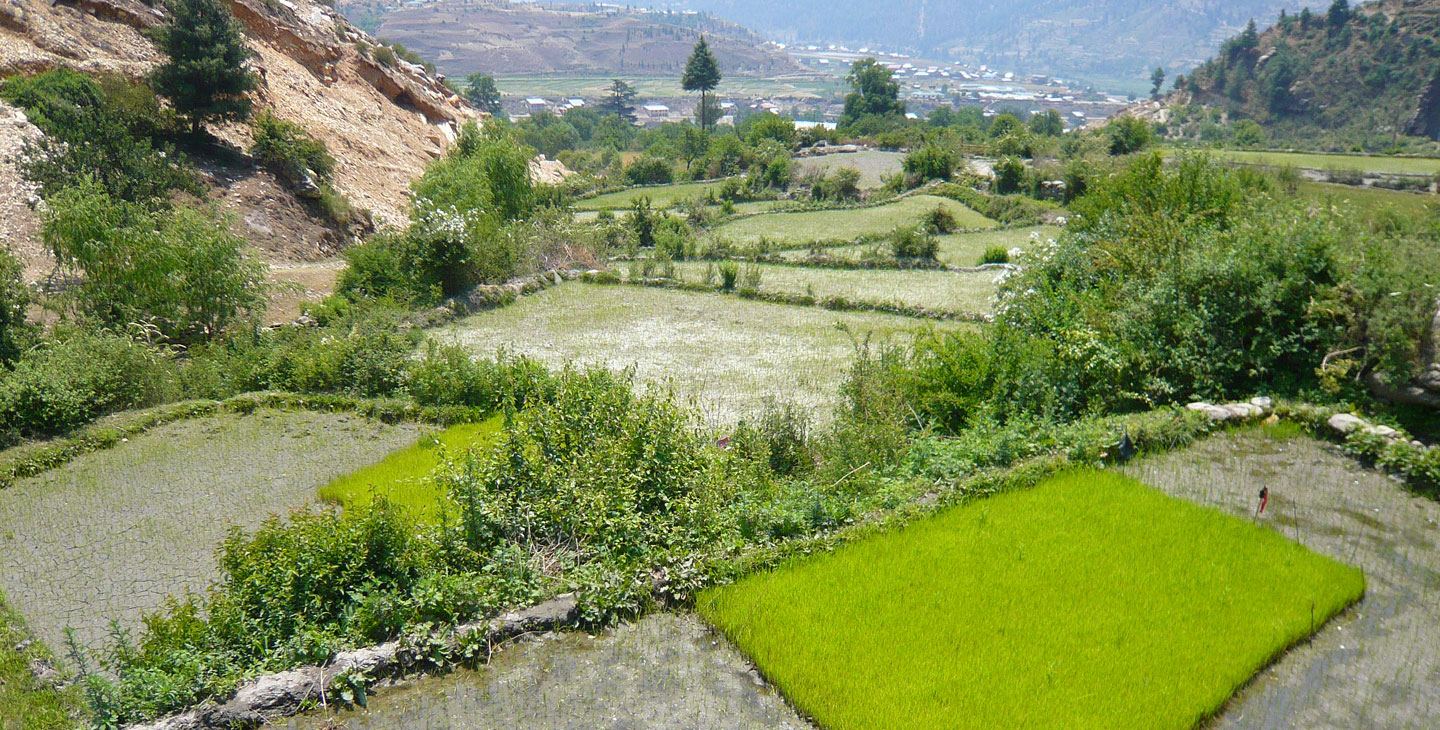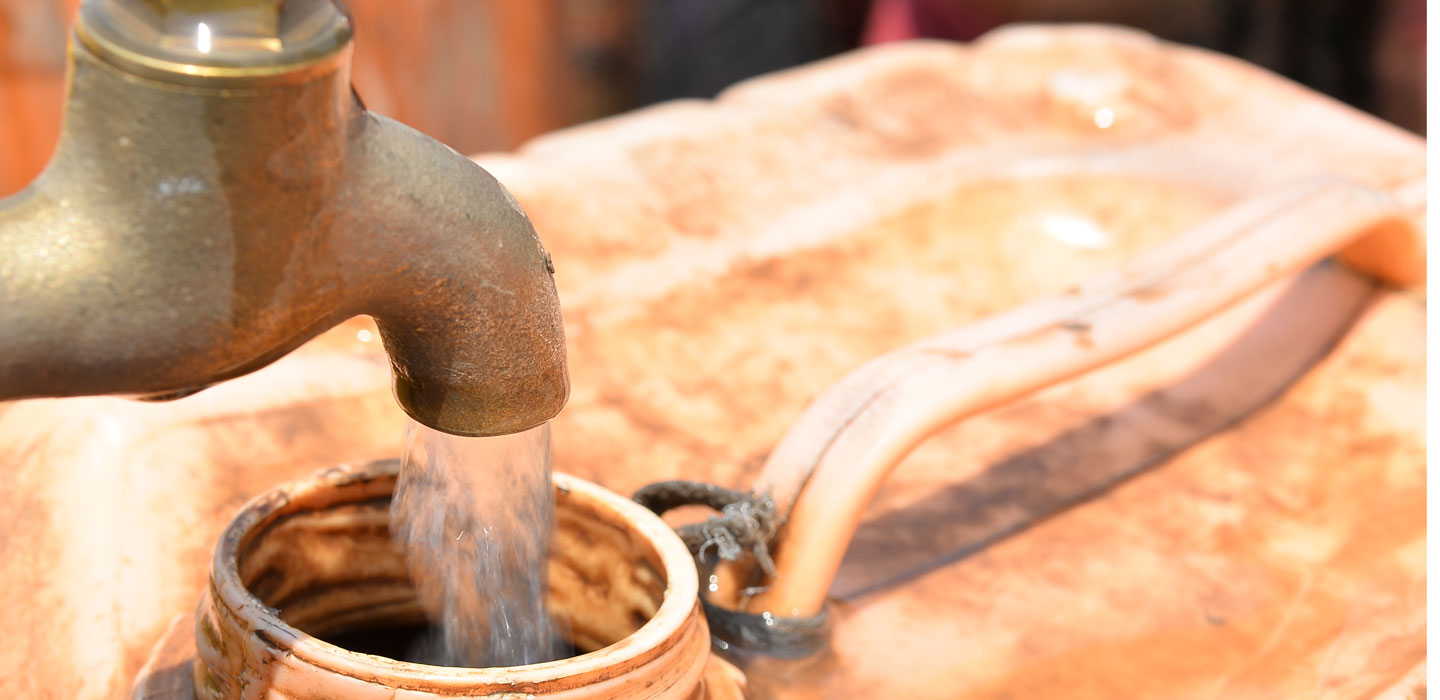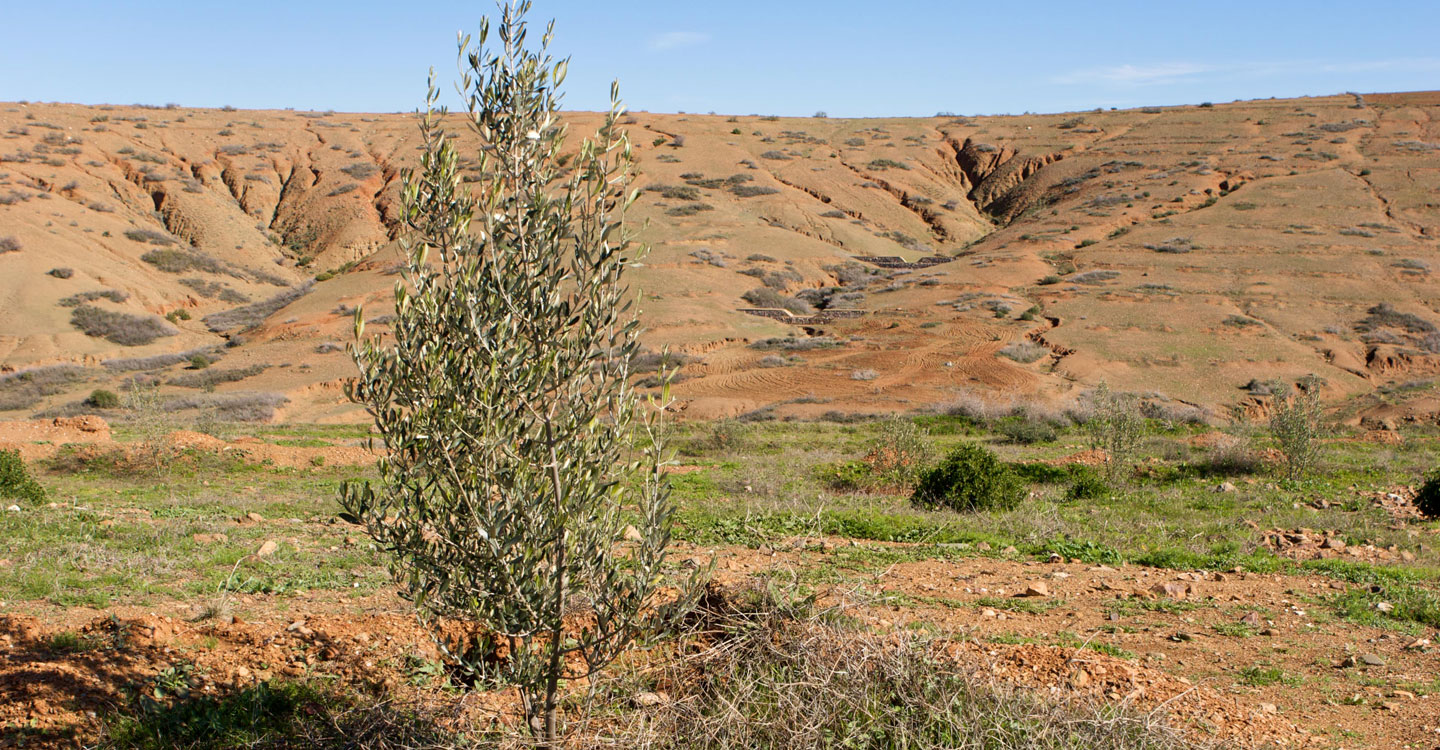Latest
Latest

Latest
Manual Submenu Topics
SearchResultsFilters
Search Results
Interview with Recipes for Change Chef Roy Caceres
"A passion for work is the fundamental ingredient of cooking."
Spearheading South-South and Triangular Cooperation with partners in Asia
Cooperation among the global south, i.e., South-South and Triangular Cooperation (SSTC), is an integral part of international cooperation, and complements the traditional North-South Cooperation in development assistance.
In Nicaragua, coffee and cocoa make life sweeter
NICADAPTA works closely with producer cooperatives to help them sustainably access coffee and cocoa markets. The results are making life not only sweeter, but also better.
School meals in Guatemala - making food systems work
Guatemala has the fourth highest rate of malnutrition in the world where over 50 per cent of children under five are stunted. Many children do not get enough nutritious food, and often came to school hungry.
Small-scale farmers in remote areas of Haiti receive help for food production and COVID-19
The Government of Haiti and IFAD today signed a financing agreement for a project that will help Haitian farmers recover from the impact of Covid-19 and increase staple food production.
Development banks, institutions pledge US$17 billion to increase food security in Africa
A coalition of multilateral development banks and development partners has pledged over US$17 billion in financing on Friday during a high-level forum, in a bold bid to address rising hunger on the African continent and to improve food security.
Second round of National Calls for Proposals (Kenya and Uganda): Supporting remittances in times of crisis in Africa
The Financing Facility for Remittances of IFAD is pleased to announce the second round of National Calls for Proposals (Kenya, Uganda) 2021: supporting remittances in times of crisis in Africa.
African Development Bank, IFAD and partners redouble efforts to stop hunger in Africa and strengthen food security
The African Development Bank and the International Fund for Agricultural Development (IFAD), in partnership with the Forum for Agricultural Research in Africa (FARA) and the CGIAR System Organization, today pledged to work closely with African leaders to address rising hunger on the continent and shore up adequate financing to transform and modernize Africa’s food production.
Building climate resilient agriculture
Those who have the most to lose as a consequence of climate change are poor rural people, especially smallholders who rely on agriculture for survival.
Boosting food security in the Pacific with innovative technologies
Who could have predicted that two innovative mobile applications, each the winner of a Pacific Agrihack Lab grant in late 2018, would go on to make a difference in the lives of Pacific Islanders during the pandemic?
The Maasai of Kenya and the Red Maasai sheep slow food presidium
The rights of indigenous peoples to control their land according to their own needs and decisions is fundamental to protect their livelihoods and defend the biodiversity of native animal breeds and plant varieties.
Farming, COVID, and Farmers’ Mental Health - Episode 19
We begin this month’s episode with the latest from IFAD’s Associate Vice-President Donal Brown on how small-scale farmers are dealing with the COVID-19 crisis.
Struggle, strength and wisdom: Snapshots of Bangladesh’s women farmers
The story of agriculture in Bangladesh is also a story of the resilience of Bangladeshi women. If women have the chance to participate in decision-making, the whole community benefits.
What we are reading on food systems
As we approach the UN Food Systems Summit here are some suggested reads on transforming our food systems for people, and planet.
Feeding Africa: Leadership to Scale up Successful Innovations
The African Development Bank and IFAD, in partnership with the Forum for Agricultural Research in Africa (FARA) and the CGIAR System Organization, will co-host a high-level dialogue: Feeding Africa: leadership to scale up successful innovations.
In Kyrgyzstan, new technology preserves age-old pastures
Urmatbek Omurbekov remembers a time when grazing his livestock was a purely offline affair. Every spring, herders like him would bring their animals to the foothills of the majestic Tian Shah Mountains to let them fatten up for the next winter.
IFAD-BRAC collaboration empowers rural people to build their climate resilience
People in rural areas, especially small-scale farmers, are among those most affected by climate change. The shifting climate has made weather patterns more unpredictable and weather-related events more extreme.
Potential game-changing systemic solutions for the UN Food Systems Summit: Advancing equitable livelihoods
The UN Food System Summit’s Action Tracks offer a space to share and learn, with a view to fostering new actions and partnerships and amplifying existing initiatives. Each of the five Action Tracks is aligned with one of the Summit’s five objectives.
IFAD and the Islamic Development Bank commit $500 million to address hunger and climate change in poor rural communities
Joining forces to tackle rising hunger and the devastating impact of climate change in some of the world’s most vulnerable countries, IFAD and IsDB today signed a US$500 million cooperation and cofinancing agreement.
Kenya: All the ingredients for a successful banana processing factory
Take some young entrepreneurs, add some modern equipment and training supported by IFAD and the Kenyan Government, spread the word using digital marketing, and you have all the ingredients for a successful banana processing factory.
The promises the olive grove holds: Fadieh’s story
Growing olive trees in Jordan, one of the driest countries in the world, isn’t easy. Every day, Fadieh and her family spend hours tilling the soil and tending to the trees, but the most demanding task is keeping the trees hydrated.
Fighting fires with rice paddies in Sierra Leone
Farmers in Sierra Leone have shifted from slash-and-burn cultivation to rice cultivation in inland swamps. That is reducing the number of forest fires, a GIS study has shown.
Digital information service helps small-scale farmers respond to COVID-19
The Kenya National Farmers’ Federation is implementing a mobile information platform to serve its members and other Kenyan farmers.
Small-scale Farmers Developing Resilience to COVID-19 - Episode 18
In this episode, we bring you the latest on how small-scale farmers are dealing with the COVID-19 crisis.
New investment in digital solutions will connect Latin American farmers to markets and banking services in response to COVID-19 restrictions
More than 10,000 family farmers in Latin America will soon have access to digital solutions to overcome the obstacles they face in accessing markets and financing due to the consequences of the COVID-19 pandemic.
Helping remittances reach rural areas in Moldova
For some time now, it has been difficult to find well-paid work in Moldova. Most of the good jobs available are concentrated in the cities, resulting in significant migration out of the country’s rural areas.
The China-IFAD South-South and Triangular Cooperation Facility: Leveraging SSTC for rural development
To accelerate rural poverty alleviation, enhance rural productivity, and advance rural transformation through South-South and Triangular Cooperation, the China-IFAD SSTC Facility was established in 2018, becoming the first Facility in IFAD dedicated to SSTC.
Drought-tolerant rice varieties benefit farmers even in non-drought years
Farmers that lack irrigation and rely on rainfed production are particularly vulnerable to drought. Fortunately, agricultural technologies, such as stress-tolerant rice varieties (STRVs), can help them adapt to climate change.
Making every drop count: Saving water and rural livelihoods
Until recently, every time Fatima Hassan Mohamed needed water to wash, cook, or drink, the mother of five had to set out on foot. The nearest water source was more than 20 kilometers away.
Restoring Morocco’s mountain ecosystems with reforestation
In many areas of rural Morocco, climate change has led to widespread erosion and desertification, causing steep declines in soil quality. This makes farmland less productive, endangering the livelihoods of the area’s small-scale farmers.
